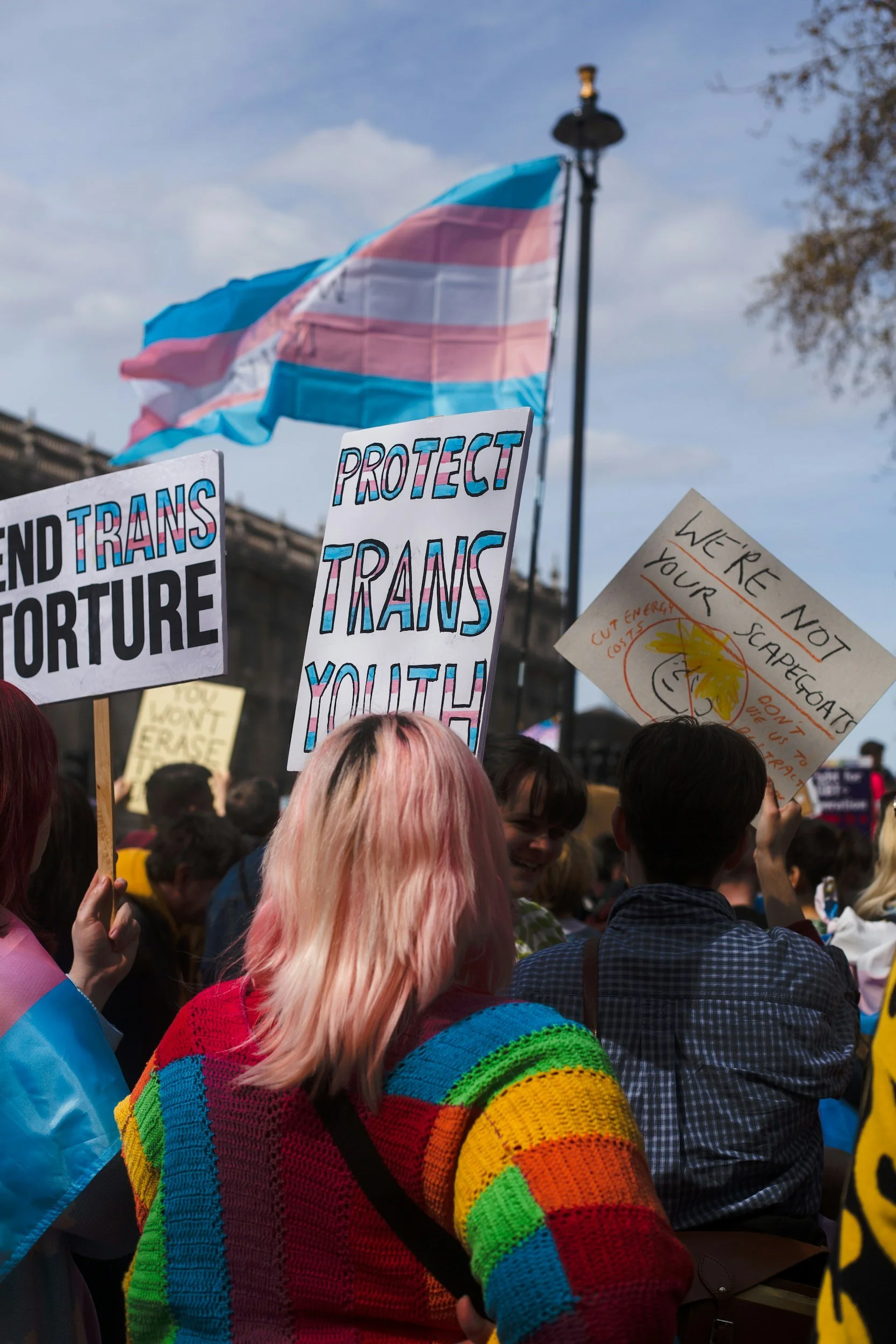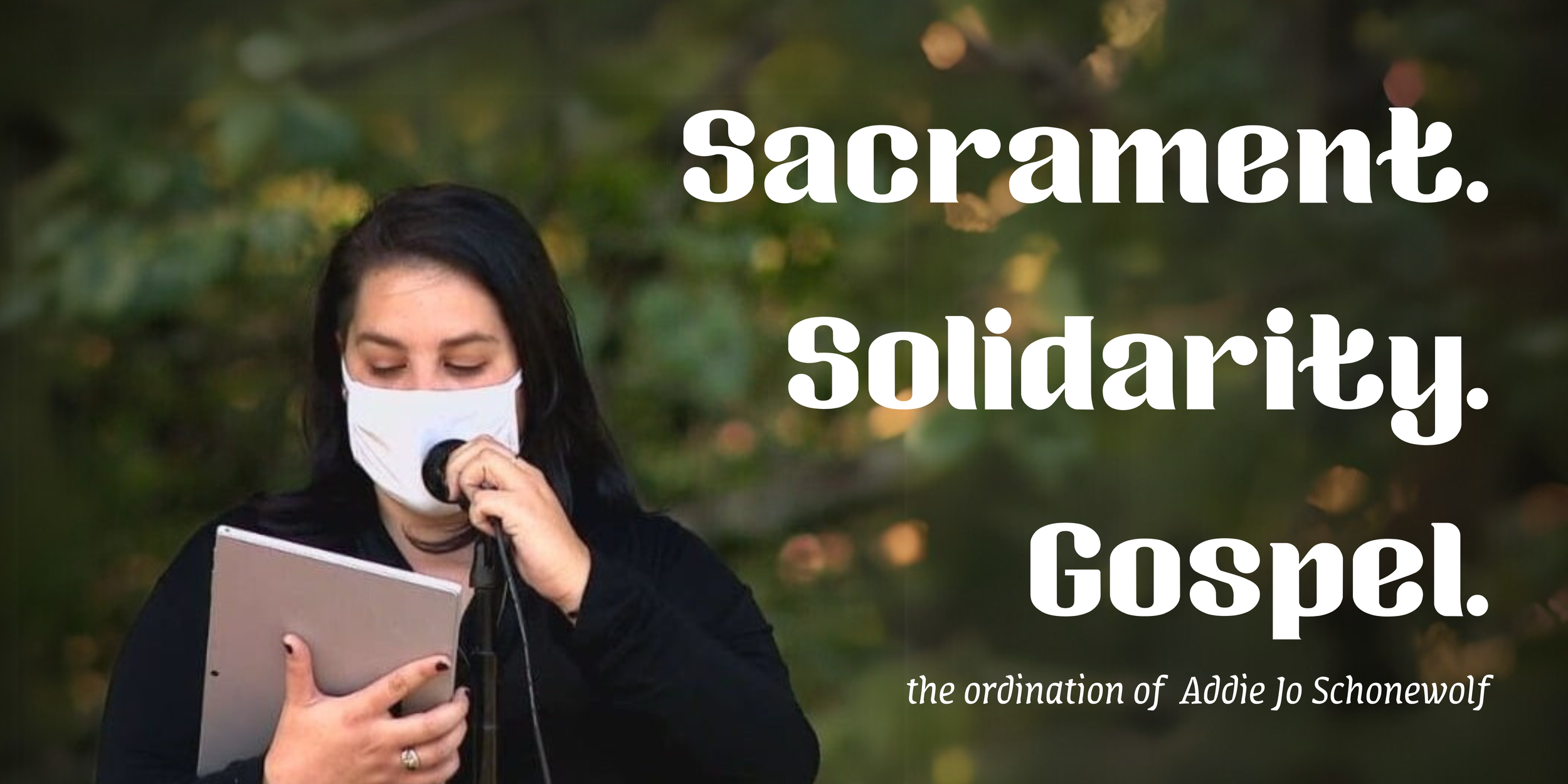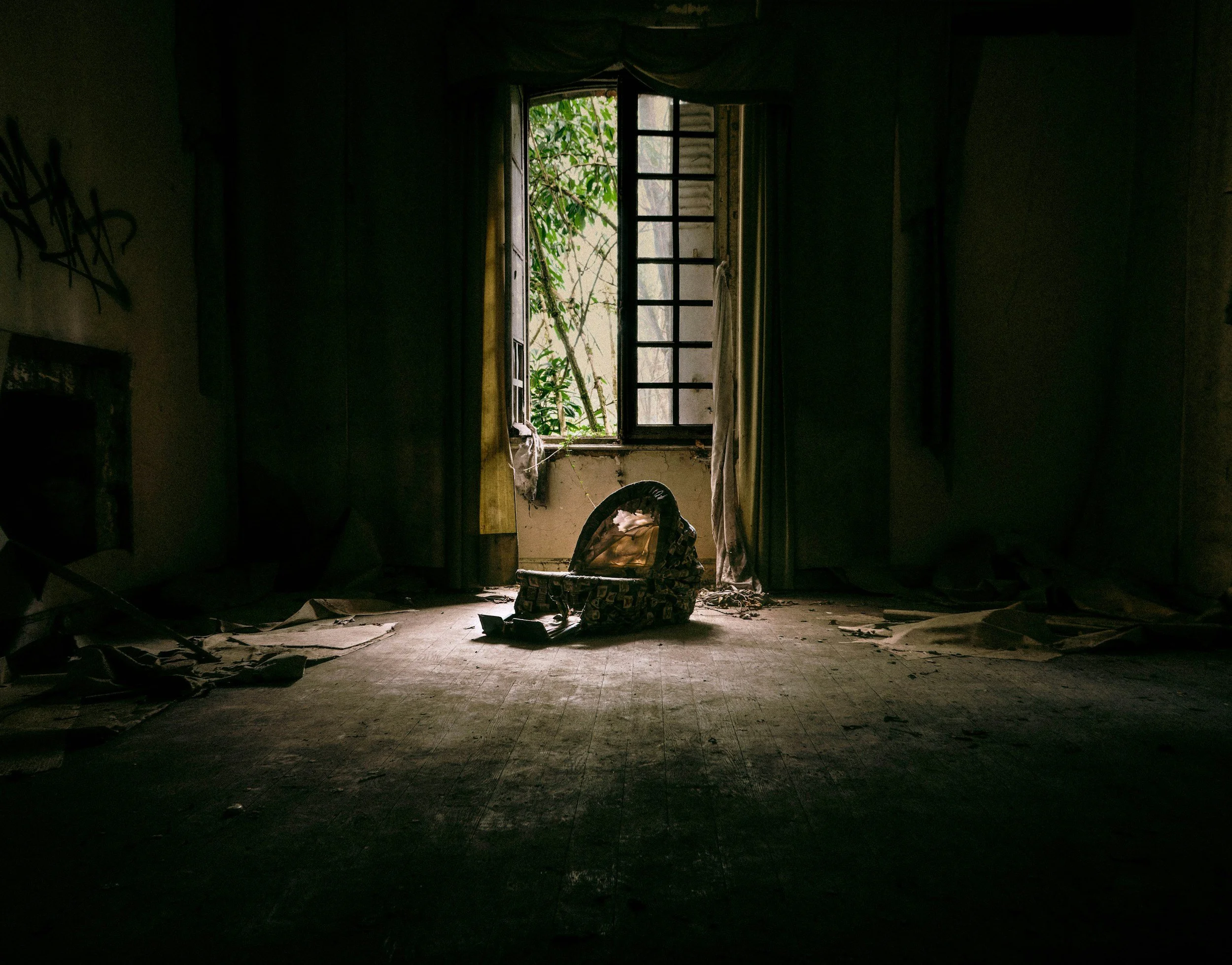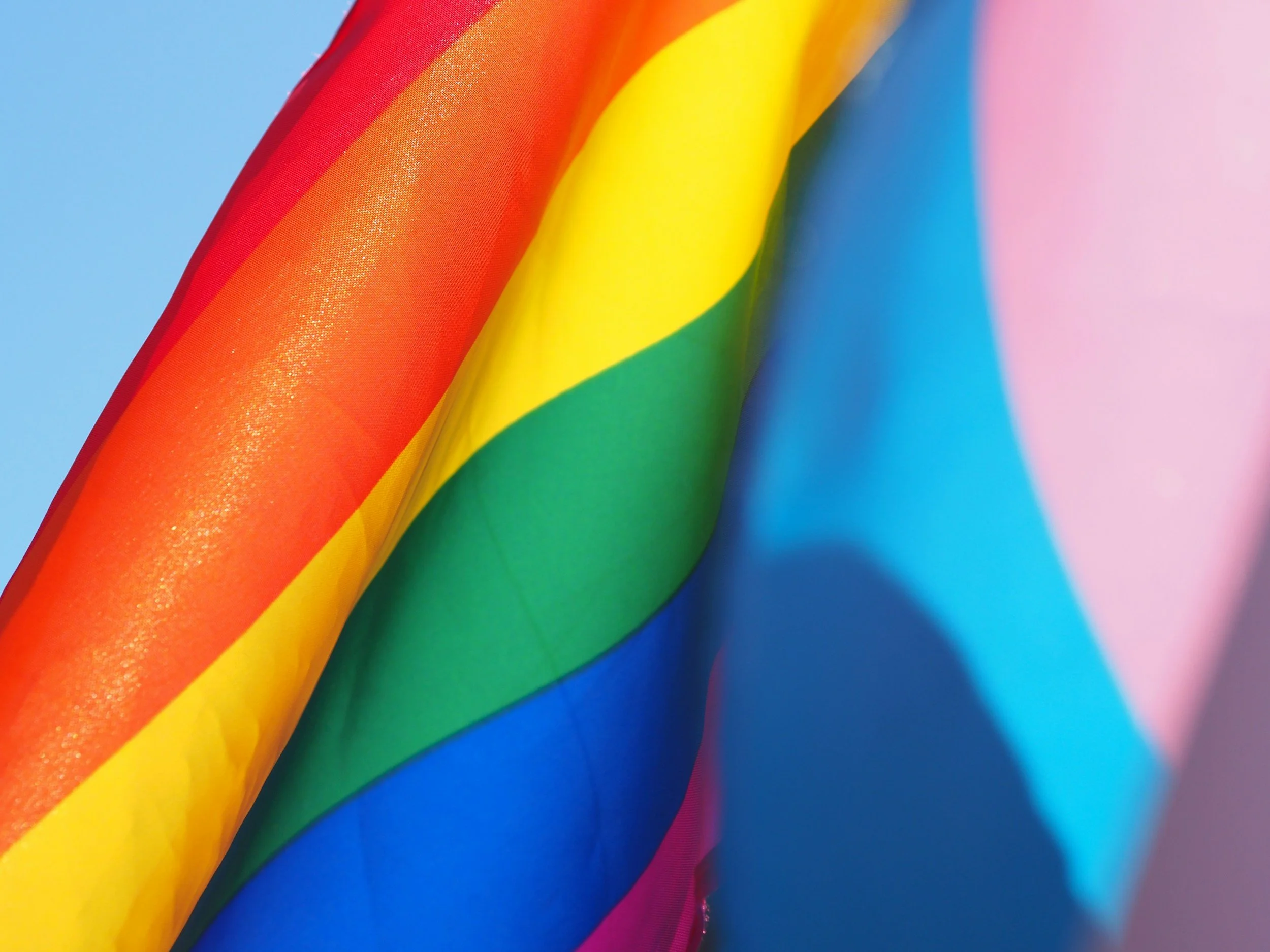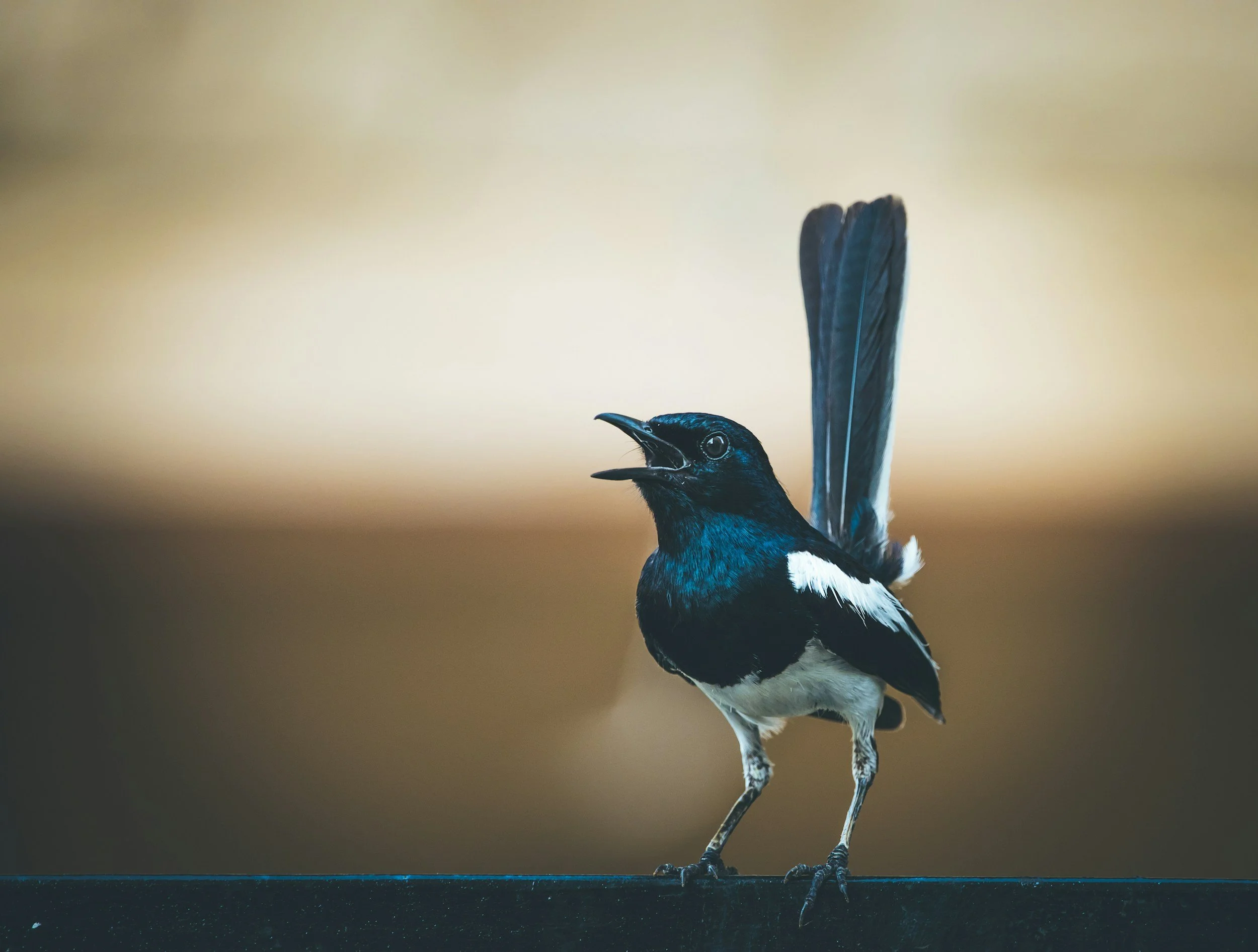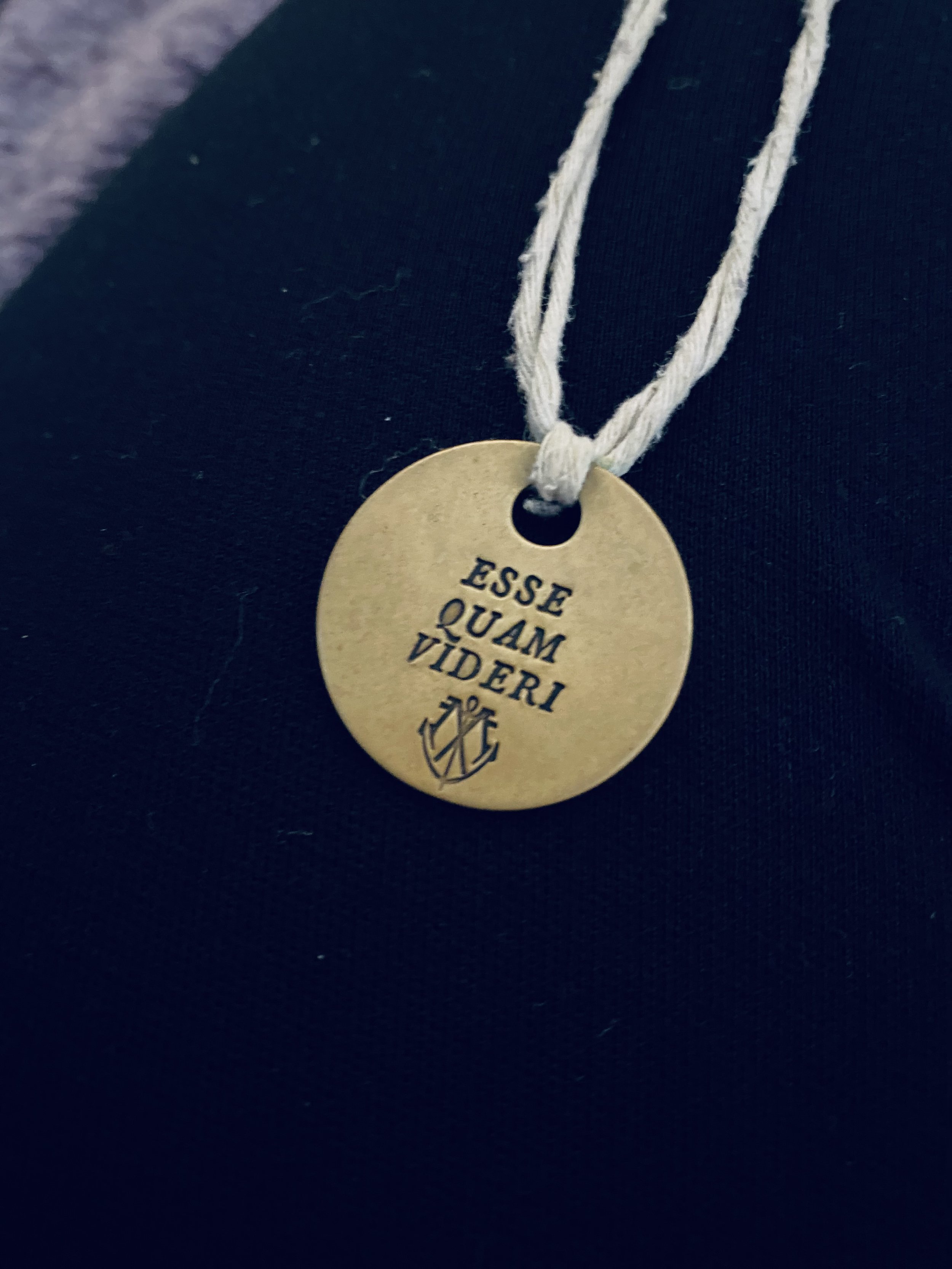Archives and Beyond
Don’t want to scroll through the blog? I get it. Scroll through the pictures below! And also, listen, we’ve all written stuff on the internet that we’re not excited about others seeing again. At the same time, our younger selves had some good thoughts here and there. Under the search bar, there are links to pieces I’ve written not on this site, some rehoused here and some in their original context. Use the search bar to navigate.
Not seeing the piece you’re looking for? It might be on my previous blog, which has links to other projects you may have seen over the past decade.
Now, we know that Jesus knows this story. 2nd Kings would have been scripture for Jesus, scripture he would have definitely read and potentially memorized. Maybe that’s where his comment comes from. Maybe he has Naaman in mind when he calls the man who came back a foreigner. And maybe he was hoping that this healing would end the same way Naaman’s did: in community. Maybe it’s not anger or pettiness in his voice. Maybe it’s sadness.
There will be more meals and more celebrations, because we’re all connected. We all belong to each other. We all owe each other this kindness.
When we, like the synagogue leader, are overwhelmed by the enormity of the world’s grief, let us remember that we are set free. We do not have to complete the all good work that needs doing in the world, but neither are we free to abandon it.
So what if we can’t do enough?
Jesus has set us free to do good now.
When there is temptation to crush yourself for societal approval into the minister you think others expect you to be, we commission you to be genuine and honest, integrated and authentic. We commission you to laugh, to be joyful, and to take delight in God’s world.
Do this, as often as you drink it,
Because it is in that moment that I will be with you again.
God of all things, we hold these two together,
The beauty and tragedy of life,
As we lay hands on the candidate.
We ordain them to a ministry of beauty:
May they share it and may they make it,
Always pointing back to you.
May this ordination not be an end, but a beginning—
A sacred vow to walk gently and firmly,
To lift others with humility,
And to restore what has been broken,
With courage, prayer, and community.
As you participate in the service today, consider how you can bring healing and justice, knowing what you know about this land and its people. It is not within our power to heal everything and bring justice everywhere. But there is still much we can do.
Love isn’t sentimental or a fleeting passion: it’s a commitment to choose one another, to never abandon each other, and to stand side by side with each other. That’s why these three remain.
We commission you to face the world’s suffering, to see it and bear witness, and to meet it with Christ’s compassion.
When there is temptation to crush yourself for societal approval into the minister you think others expect you to be, we commission you to be genuine and honest, integrated and authentic. We commission you to laugh, to be joyful, and to take delight in God’s world.
Extend me some trust, as a fellow Christian. I will listen to your understanding of the word and you’ll listen to mine. I’ll tell you about Joseph and his fabulous coat, as he steps outside the expected norms of his day or maybe I’ll tell you about the a’dam and how God’s first human was neither man nor woman, like me. I will share the new joys I find in reading scripture and I’ll carefully hold the ones you want to share with me.
Because I love the Bible. And the Bible belongs to all of us.
Let’s trust each other with it.
Let’s be worthy of that trust.
This means that we can play with light in worship. What would it look like for us to sit in the quiet and in the dark, listening for God together? How can we invite in different kinds of light in different seasons? Where is light too bright? Where could shadows be illuminated? Where could they be used to help us see the familiar anew? How can light and dark together invite us deeper into God’s presence?
Jesus gives us the bread of life interrupted, the bread of new life, so that we can be fed for the road ahead of us. And Jesus breaks the bread, just as so much in our world is broken, and we receive it, just as we first received the gift of life, beautiful even in a broken world.
So Jesus runs the Legion out. He runs them off a cliff. And after he does this, he stays, until the man, no longer Legion, sits amongst them, clothed, fully restored to himself.
And then Jesus sends him back.
What do we do with the bad in the world?
What do we do with the evil we see?
See, the thing about self-denial is that you have to work at it. You are who you are. You have needs and wants. That’s all part of being a human, a spirit in a body, a body with a spirit, connected to the earth and all that lives upon it and to the Three-In-One who made it. You are good. Very good, according to the last verse of Genesis, chapter 1. In order to achieve the self-denial that was such a part of my youth and young adulthood, my time cosplaying as straight, you have to deny aspects of yourself that are good and very good. And that takes work. Soul-crushing work.
But soul-crushing work is not what we see here in the Pentecost story.
Now, one thing I love about the bible is that doesn’t give you extra information. It’s got a lot to say and not enough time to say it. So when the bible tells you something happens in Joppa, you should pay attention to Joppa.
This is the fast my soul requires, and it is, but I don't want to over-spiritualize this. 500-600 trucks per day are needed, but less than 400 per week are entering. The aid distribution is tightly controlled, leading to violence. One in five people face starvation, all while Israel uses weapons sold to them by the US to continue to bombard the strip.
So what does this mean for us, us tiny people here today? What do we do with all this awe?
We practice it.
We ground ourselves in experiences of awe and wonder that draw us out instead of in.
I’ve been feeling a certain kind of way recently, and maybe you have too. It’s like my brain refuses to function, or refuses to focus, anyway. I sit down to get some work done and the minute I open up my email and all the other tabs and programs I need, a haze comes over me. It literally feels like whatever fluid my brain is floating in gets thicker. I can’t think. I can’t focus. I don’t remember what I need to do and trying to figure it out feels like trying to run through a pool filled with Jell-O.
And this is what I want you to remember. This is going to be the take-away of the sermon today. Yes, we’re going to talk about fig trees and advocacy and farming practices in first-century Palestine, but at the end of it all, we’re going to come back to this truth: we all need an advocate. We never get through anything on our own. Everything that we have built and made and endured and survived, we have built or made or endured or survived because of others. And we have the chance to offer that aid to someone else every day.
When you watch a lot of Law and Order: SVU, you notice a line that characters repeat over and over again. It’s a signal that something’s wrong, like when a character in Star Wars says, “I’ve got a bad feeling about this.” When someone’s about to break, or when someone wants the moral high ground, inevitably, a character says, “How do you sleep at night?”
We need to be prepared to offer beauty and holiness to everyone who needs it. We need to stock up, as often as we can, so that we’re ready to share when someone is in need, because friends, we are the Body of Christ on this world. We are Christ’s hands and feet. Jesus doesn’t have any other flesh and blood on this earth but ours and so he can’t be on that dance floor, but brothers and sisters, siblings in Christ, we can. With enough contact with the living God, we can shine into this world begging for transfiguration and carry the love of Jesus into this world that sorely needs it. With enough practice, we can be enough like Christ to make a difference.
And don’t get me wrong. This quote could very, very easily become an excuse for quietism, for “peacemaking” centrism. In the wrong hands, in the hands of the powerful, this quote could rob any revolution of its fervor, asking us to wait on those who are actively harming us to change their minds. No, this quote is convicting specifically because of who it’s coming from, and who it’s for.
Much like our gospel reading today.
See, in the beatitudes, these blessings that we read here in Luke today, in the sermon on the plain, Jesus insists that there is a kind of divine osmosis at work. Those who are hungry, without enough food, will be filled. Those who are poor, without resources or means, they will receive a kingdom. Those who weep will laugh. The concentration of comfort and privilege will flow until those who have not receive abundance.
Now, I’m not saying that Isaiah gets it right here. I’m not saying that we need to speed along some future potential destruction. I’m not saying that we need to go out to the street corners holding signs that tell the world, “The end is nigh.”
I am saying that when someone is trying to tell the world that it’s going to hell in a handbasket because it’s not taking care of the poor and vulnerable, God and a whole host of angels are up there in the cheap seats shouting, “Yeah, you tell ‘em!” And when that prophet gets discouraged and says, “Who am I to do this? I’m just as bad as everyone else,” God gives them a kick in the pants and says, “Get back out there. Someone’s got to say this.”

